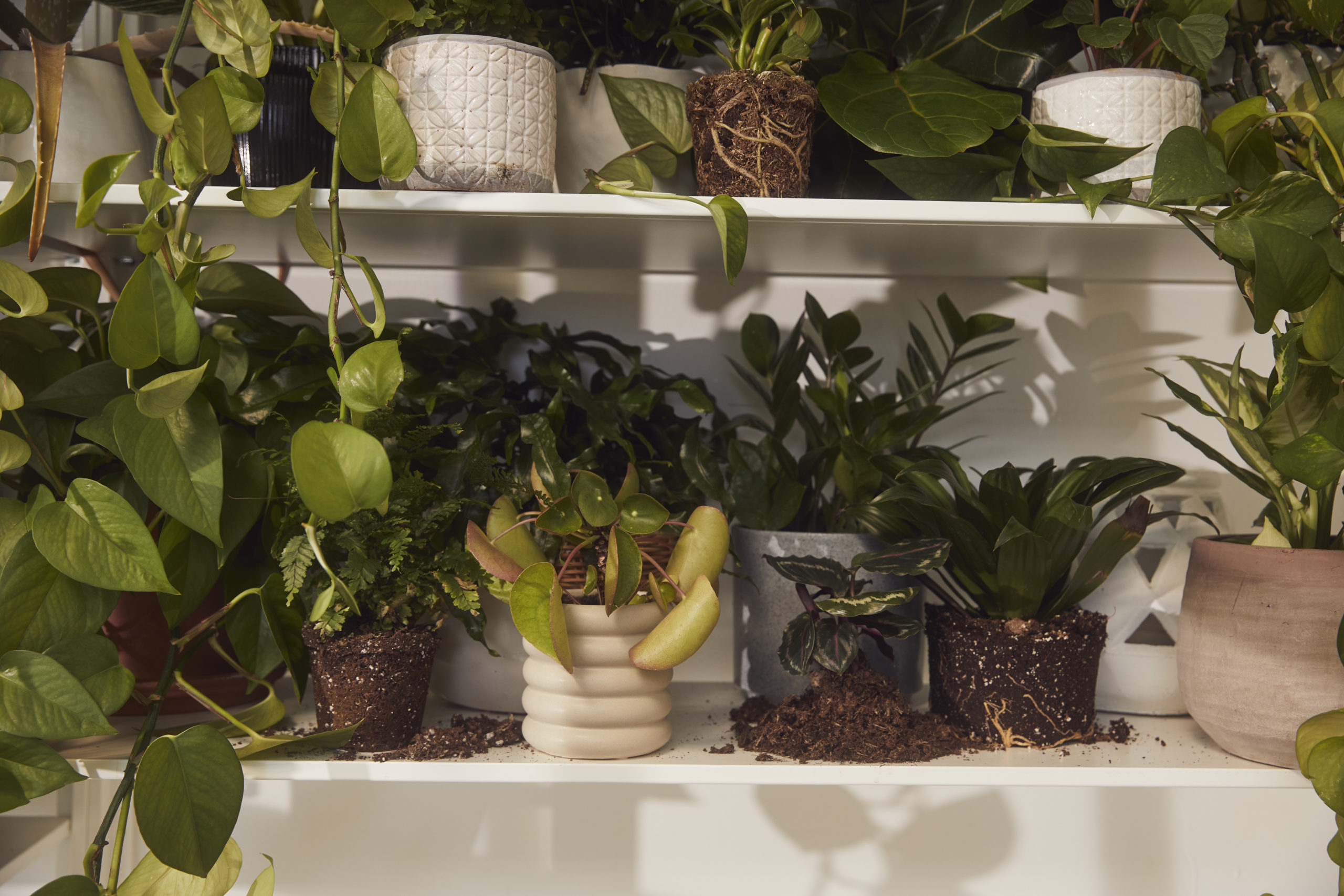A look at the healing power of horticultural therapy
Unless you’ve decided to go tech-free, chances are that your Instagram and Pinterest feed has been full of green spaces. Whether you have lush outdoor gardens or a modest collection of succulents at home, you can proudly claim the title of “plant parent.” As a mother to daughter or friend to friend relationship, our relationship with our leafy mates is just that, a relationship.
“Plants are an essential resource – we rely on them for food, water, medicine, the air we breathe, habitat and our climate…” says The Woodland Trust, but did you know that horticulture can play a significant role in boosting our mental health?
Over the last decade or so, psychologists and natural scientists have teamed up to explore how plant therapy helps improve memory, cognitive abilities, task initiation, language skills, and socialization.
What is Plant Therapy?
We all know the benefits of stepping outside and engaging with the natural world, breathing fresher air, getting exercise and absorbing some vitamin D from the sun. Horticultural therapy “…is rooted in the idea that interacting with plants can bring about well-being, whether it’s tending a garden or just having plants in your home.” This form of therapy taps into our centuries-old connection with the natural world. In this form of therapy, therapists guide participants through plant care training in conjunction with cognitive therapy.
How does Horticultural Therapy work?
Plant therapy works to improve our mental health in various ways, such as helping us create a sense of agency, increasing our attunement to other living things, and getting our bodies moving.
- Creating a Sense of Agency
For a plant to survive under our supervision, we have to provide it with the particular type of care that it requires. Those dealing with depression or anxiety often struggle with not feeling a sense of “purpose.” Through our intimate involvement with these living organisms, we can see the impact our actions have on them, whether they thrive or fail. There are few more rewarding things in life than feeling the satisfaction of seeing a seed develop into an actual plant or watching a plant grow a flower or bear fruit. Plant therapy teaches us to be more adaptive; we learn to celebrate every step of progress and continue despite our setbacks.
- Attunement
Attunement is a foundational element of every healthy human relationship. According to psychologist Dr. Dan Siegel, “When we attune with others we allow our own internal state to shift, to come to resonate with the inner world of another. This resonance is at the heart of the important sense of “feeling felt” that emerges in close relationships.” Because every individual plant has its own unique needs, we need to attune to what they require to be at their healthiest to care for them successfully. We invest in their growth and start to learn their rhythms. Plant care provides us with a powerful metaphor of life’s ebb and flow; it allows us to witness the various cycles of life. While having some control over the well being of the plants in our care, we learn that, ultimately, we cannot change the ephemeral nature of life itself.
- Getting our Bodies Moving
Gardening draws us closer to our primal selves, not only by connecting us to the ground and the earth but by connecting us to our body’s need to move. We are not designed to be sedentary for long portions of time, nor are we designed to do intensive circuit training hours. Generally, horticultural therapy is done on our feet and involves repetitive, meditative actions. In therapeutic gardening, participants bend, lift and walk through carefully curated garden beds that require them to be active and, as a result, release high levels of endorphins – the feel-good hormone. According to CNN.com, “…studies have found that just being in nature – such as taking a walk through a garden, a park, a forest – can improve not only your state of mind but your blood pressure, your heart rate and your stress hormone levels and, over time, can lead to a longer life.”
Caring for our Plan(e)t
Plant Therapy is all about connection and rehabilitation at its core. It not only helps us to improve our mental health and strengthen our physical bodies; it also helps rehabilitate our relationship with our planet. Another byproduct of caring for plants is that we stand the chance of regaining our patience and empathy for the natural world that many of us have lost. “…societies that are deemed “primitive” for having retained elements of a lifestyle that most human societies abandoned millennia ago exhibit, to some degree, a sense of protectiveness of the planet,” says clinical psychologist and researcher Oumar Konare.
For information, contact the Horticultural Therapy Association in your Region:
United Kingdom: Association of Social and Therapeutic Horticulture Practitioners
United States: American Horticultural Therapy Association
